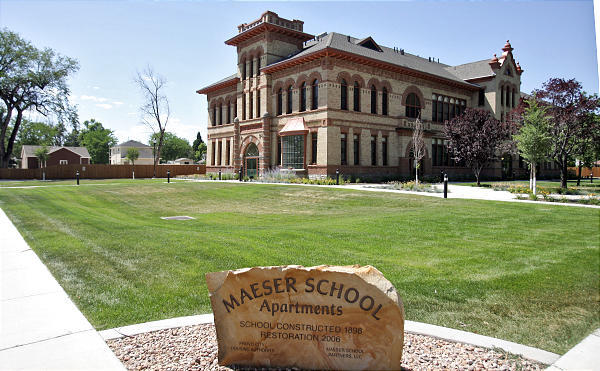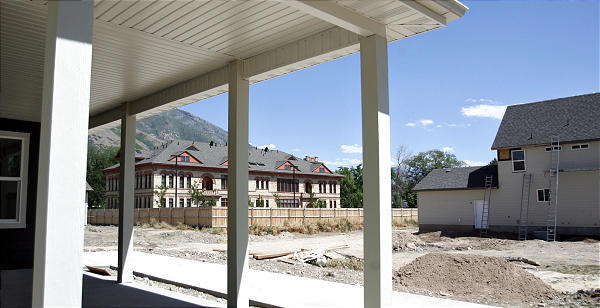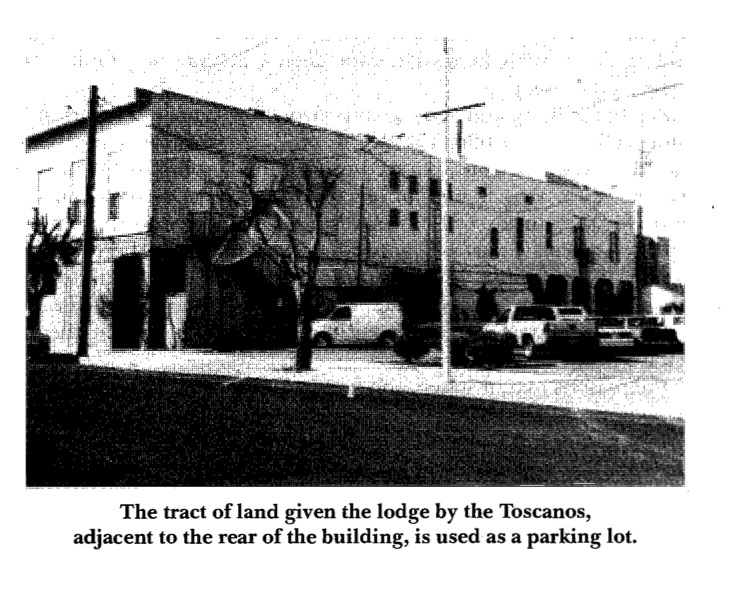The lectures notes are here. The live chat is here.
This diagram represents the Fee Simple Defeasible, which comes with a Possibility or Reverter. For example, “so long as premises are used for school purposes.” The reversion happens automatically–no need for the grantor (or his heirs) to take any action.
This diagram represents the Fee Simple Subject to Condition Subsequent, which comes with a Right of Re-Entry. For example, ” but if the premises are not used for school purposes, the grantor has a right to re-enter and retake.” Unlike the Possibility of Reverter, the Right of Re-Entry requires the Grantor (or his heris) to take actin, and re-enter the land.
This diagram represents the Fee Simple subject to an executory interest, which comes with an executory interest, which is vested in a third person, instead of the grantor. For example, “O to “School board, but if it cease to use the land as a school, to the Library.”
This is the grant at issue in Mahrenholz:
“this land to be used for school purposes only; otherwise to revert to Grantors herein.”
And a related case from the Texas Supreme Court: El Dorado Land Co. v. City of McKinney, No. 11-0834 (Mar. 29, 2013)
El Dorado sold the city some land for use as a park. The conveyance required that the land “shall be used only as a Community Park,” and if not used for that purpose, then El Dorado would have the right to buy the land back. Ten years later the city built a public library on part of the land, which resulted in El Dorado reminding the city about that “park” use requirement by giving notice that it was going to buy the land back. “El Dorado’s letter further asked the City within ten days to acknowledge its obligations under the deed and to suggest an acceptable closing date.”
…
The Texas Supreme Court held in El Dorado’s favor that the deed restriction was a “right of reentry,” which is a conditional future interest, and “property” under Texas law. The court relied on the reasoning of Leeco Gas & Oil Co. v. Nueces County, 736 S.W.2d 629 (Tex. 1987), a case with similar facts which held that “a future interest in real property is compensable” under the Texas Constitution’s Takings Clause. Slip op. at 6-7. In Leeco, the deed provided that the property would automatically revert if the county did not use it as a park. The court rejected the city’s attempt to distinguish the future interest at issue in Leeco from El Dorado’s, holding that it made no difference that in Leeco the interest was self-executing, and El Dorado’s interest gave it the right to repurchase.
This is the school at issue in the article about the Maeser School.
Here is a picture of the Odd Fellows building:
This chapter of IOOF seems to be gone. Presumably the grantors heirs exercised their right of reentry.






